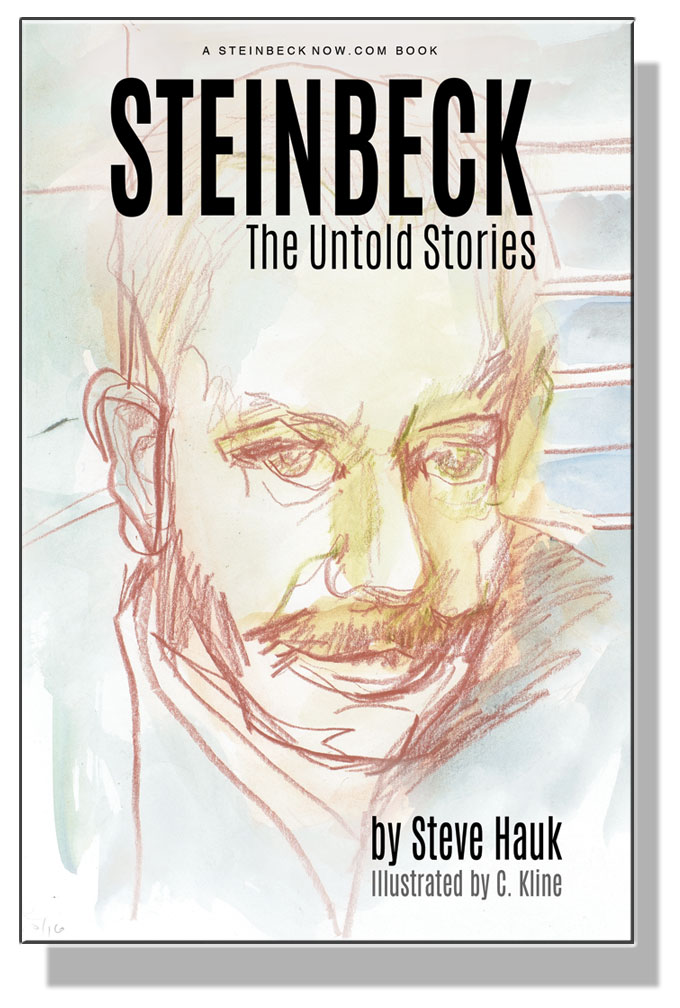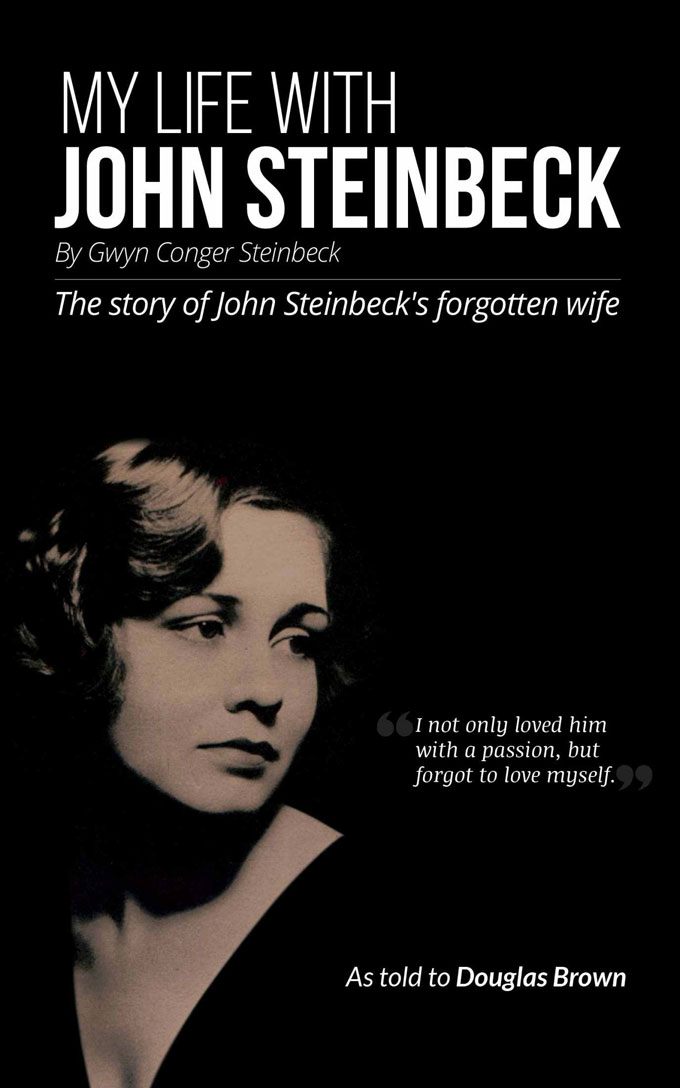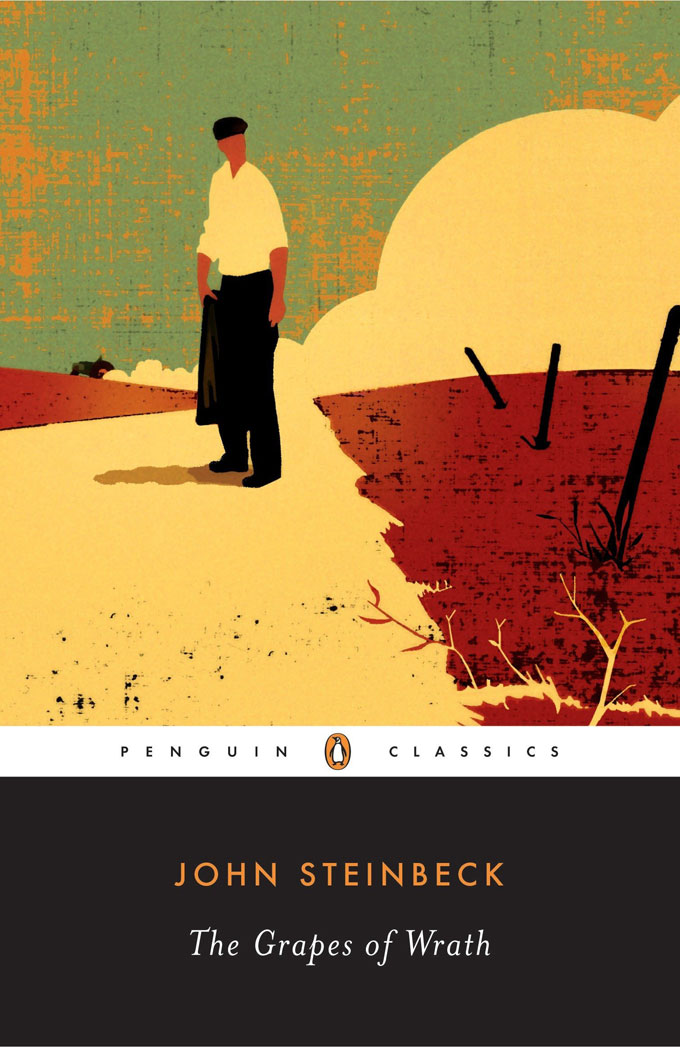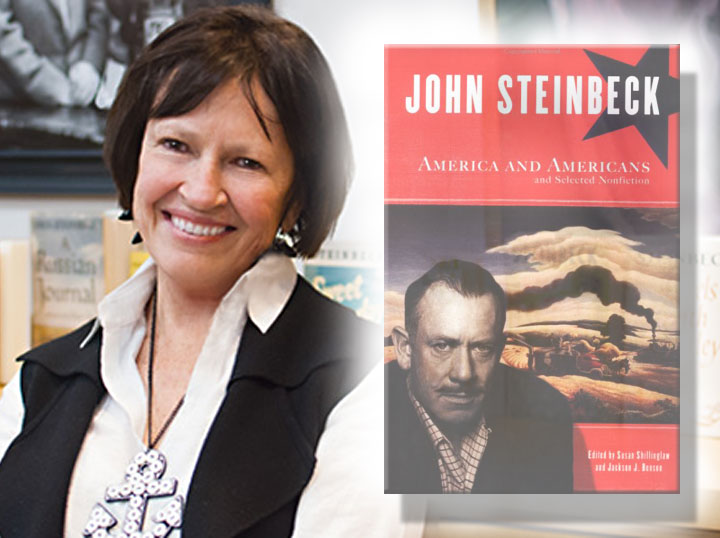John Steinbeck’s feeling for the bohemian culture of Carmel, California waxed and waned between 1930—when he and his first wife met Ed Ricketts at a boozy house party—and 1949, the year he met his future third wife at a private dinner arranged by friends from Hollywood. An upscale enclave midway between Monterey and Big Sur, Carmel became a magnet for artists, authors, and actors at the start of the 20th century, attracting the likes of Jack London, Robinson Jeffers, Charlie Chaplin, and other creative types only slightly less significant than Steinbeck’s wives to the course of his career. John Steinbeck’s spirit revisits Carmel on October 15, when Pebble Beach resident and NPR personality Lisa Ledin dips into the collection of short stories based on Steinbeck’s life, written by Steve Hauk and illustrated by C. Kline, at a public event sponsored by the Carmel, California Woman’s Club. Admission to the 2:00 p.m. reading and reception is free to members and $10 for non-members. Part of Carmel’s charm is the absence of street addresses, but the Woman’s Club is easy enough to identify at the corner of 9th Street and San Carlos and—like friends and future wives—a pleasure to find.
Portrait of John Steinbeck from Impressions of Bohemia by Jack Coughlin.










